How To Become AWS DevOps Engineer?
4.9 out of 5 based on 10255 votesLast updated on 27th Jun 2024 19.33K Views
- Bookmark

Build a solid foundation and advance your career in this dynamic and rewarding field after enrolling in AWS DevOps Engineering course.
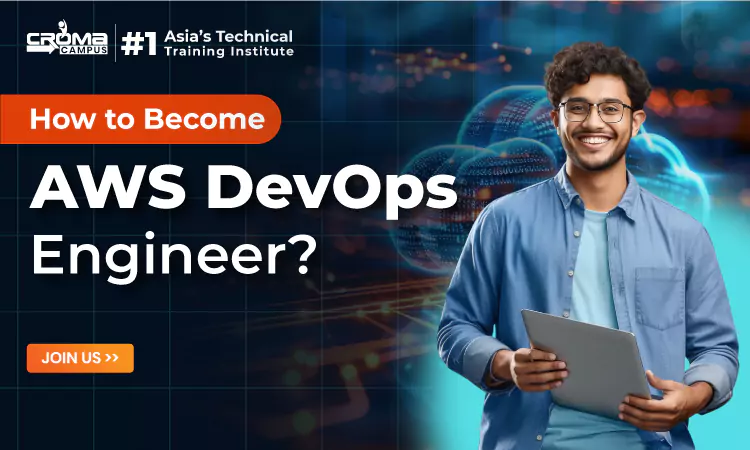
Introduction
Becoming an AWS DevOps engineer is a transformative career path combining software development, IT operations expertise, and cloud computing proficiency. This role emphasizes automating and integrating processes to enhance software delivery efficiency and reliability.
By mastering DevOps With Aws Course, and obtaining relevant certifications, you can position yourself at the forefront of this dynamic and in-demand profession.
Tips To Become AWS DevOps Engineer
Becoming an AWS DevOps engineer requires a combination of education, practical experience, and certification.
Here is a detailed roadmap to help you achieve this goal.
1. Understand DevOps and Its Principles
Before diving into AWS-specific tools and services, it's crucial to have a solid understanding of DevOps principles and practices. DevOps is a cultural and technical movement aimed at improving collaboration between software development (Dev) and IT operations (Ops) teams, to automate and integrate processes to improve the speed and quality of software delivery.
2. Gain Foundational IT Skills
Education
- Degree: While not mandatory, a degree in computer science, information technology, or a related field can be beneficial.
- Self-Learning: Utilize online resources, books, and tutorials to learn about programming, system administration, networking, and databases.
Core Skills
- Programming: Learn at least one programming language such as Python, Ruby, or JavaScript.
- Linux/Unix: Proficiency in Linux is essential as many cloud environments run on Linux servers.
- Networking: Understand networking fundamentals including TCP/IP, DNS, and firewalls.
- Version Control: Master Git for version control and collaborative development.
3. Learn AWS Services
AWS (Amazon Web Services) is a leading cloud service provider, and understanding its services is critical for a DevOps engineer.
Key AWS Services for DevOps
- Compute: EC2, Lambda
- Storage: S3, EBS, EFS
- Networking: VPC, Route 53, ELB
- Security: IAM, KMS
- Databases: RDS, DynamoDB
- Management Tools: CloudWatch, CloudTrail
- Deployment & Infrastructure as Code (IaC): CloudFormation, AWS CDK, Elastic Beanstalk
Hands-On Practice
- Create an AWS Free Tier account and experiment with different services.
- Set up and manage EC2 instances, configure IAM roles and policies, and deploy applications using Elastic Beanstalk. Refer to the AWS Certified DevOps Engineer Certification training program for the best guidance.
- Implement monitoring and logging using CloudWatch and CloudTrail.
4. Understand Continuous Integration and Continuous Deployment (CI/CD)
CI/CD is a cornerstone of DevOps, enabling rapid and reliable software delivery.
Key Concepts
- Continuous Integration: Automating the testing and integration of code changes.
- Continuous Deployment: Automatically deploying every code change that passes the automated tests.
Tools
- CI/CD Tools: Jenkins, AWS CodePipeline, CircleCI
- Configuration Management: Ansible, Chef, Puppet
- Containerization: Docker, Kubernetes
You May Also Read These Posts:
5. Get Certified
AWS offers certifications that validate your skills and knowledge in cloud computing and DevOps.
Relevant Certifications
- AWS Certified DevOps Engineer – Professional: This certification validates advanced technical skills and experience in designing and managing AWS environments.
Preparation
- Study Guides and Courses: Use official AWS study materials, Devops With Aws Course Online, and practice exams.
- Hands-On Labs: Engage in practical labs and projects to reinforce your learning.
6. Gain Practical Experience
Practical experience is crucial to becoming proficient in AWS DevOps.
- Work on Real Projects
- Contribute to open-source projects.
- Volunteer for DevOps roles in small companies or startups.
- Build and deploy your own projects using AWS and DevOps tools.
- Internships and Entry-Level Positions
- Seek internships or entry-level positions that provide exposure to cloud infrastructure and DevOps practices.
7. Stay Updated and Network
DevOps and cloud technologies are rapidly evolving. Continuous learning and networking are vital.
Stay Updated
- Blogs and Websites: Follow AWS blogs, DevOps.com, and other relevant sources.
- Books: Read books like "The Phoenix Project" and "The DevOps Handbook."
Networking
- Meetups and Conferences: Attend AWS meetups with communities, DevOpsDays, and local meetups.
- Online Communities: Join AWS and DevOps forums on Reddit, Stack Overflow, and LinkedIn groups.
8. Develop Soft Skills
Effective communication and collaboration are critical in DevOps.
Key Soft Skills
- Collaboration: Work closely with development and operations teams.
- Problem-Solving: Quickly identify and resolve issues.
- Adaptability: Stay flexible and open to new tools and methodologies.
Conclusion
Becoming an AWS DevOps engineer is a journey that involves understanding the fundamentals of DevOps online course, mastering AWS services, gaining practical experience, and continuously learning. The AWS Certified DevOps Engineer Certification is a valuable credential. Following this roadmap can build a solid foundation and advance your career in this dynamic and rewarding field.
Subscribe For Free Demo
Free Demo for Corporate & Online Trainings.
Your email address will not be published. Required fields are marked *
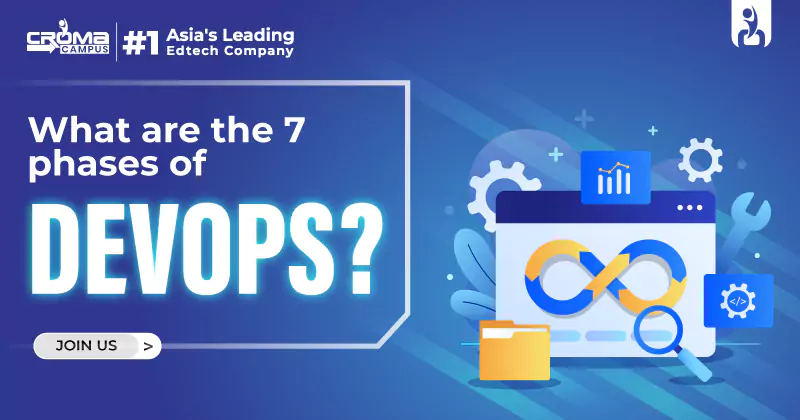
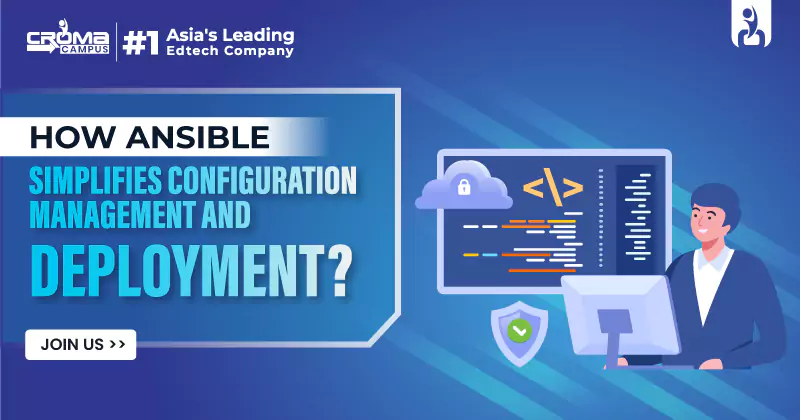
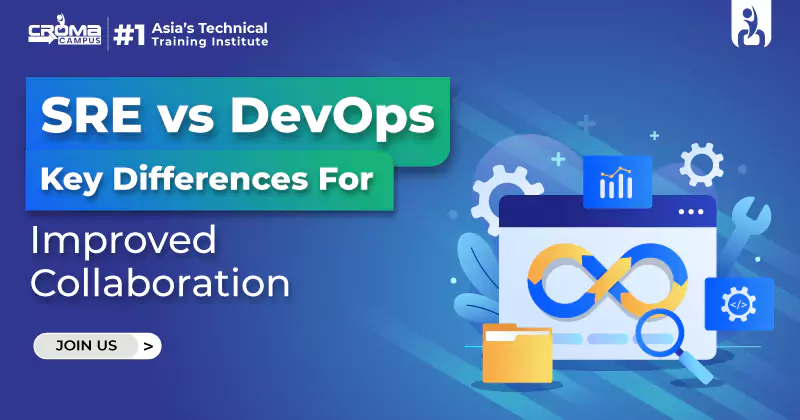
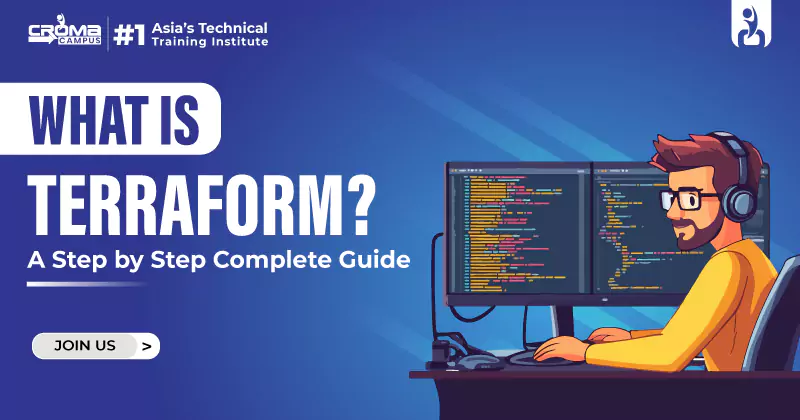
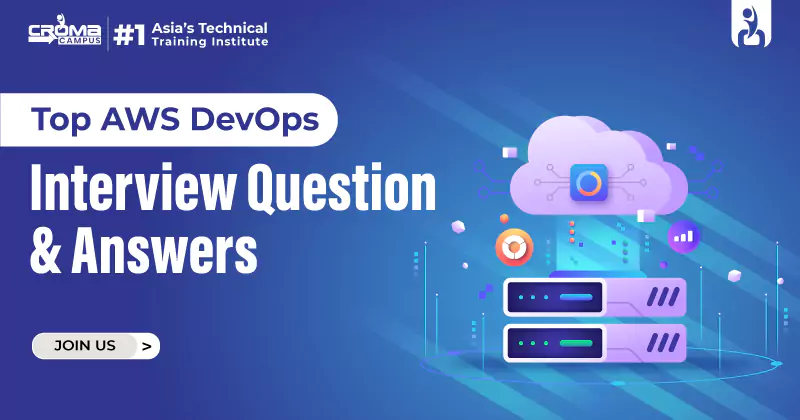
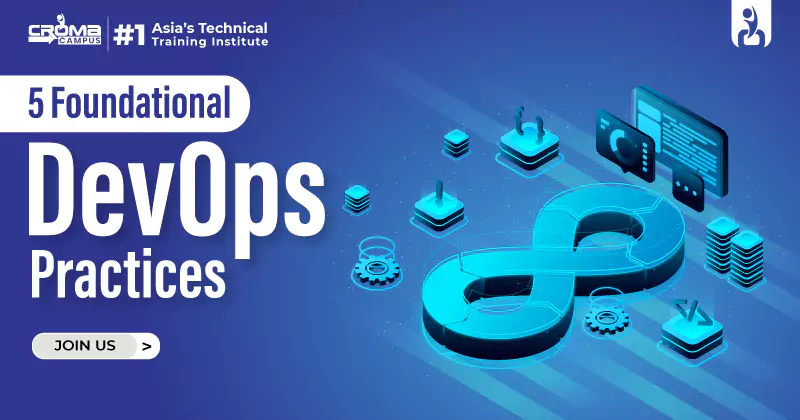
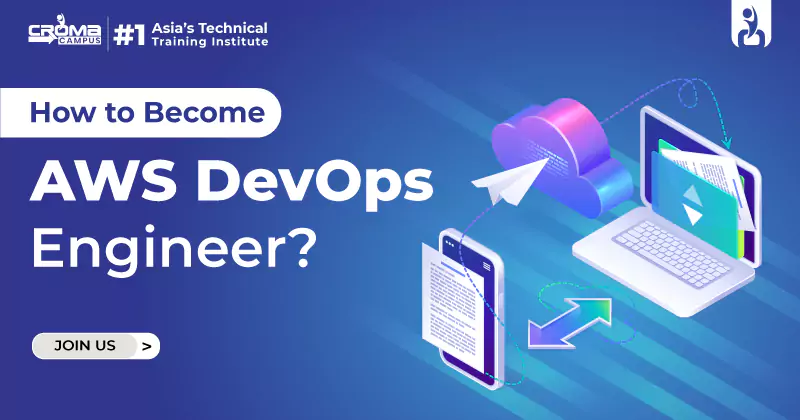
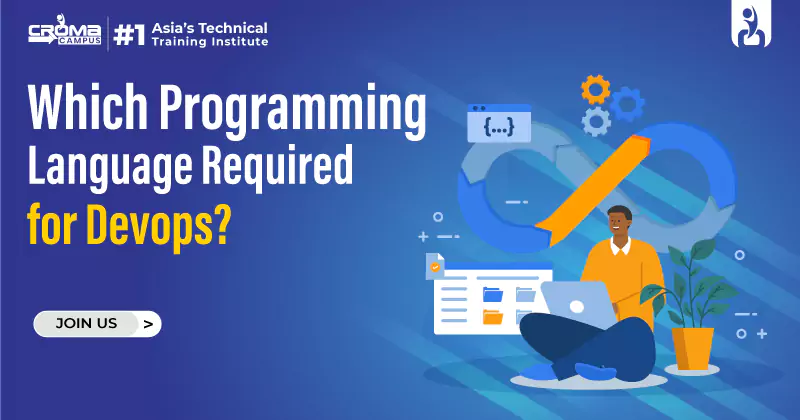
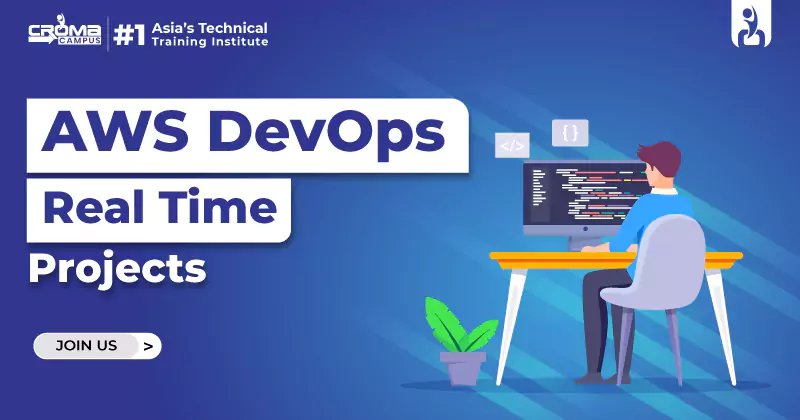
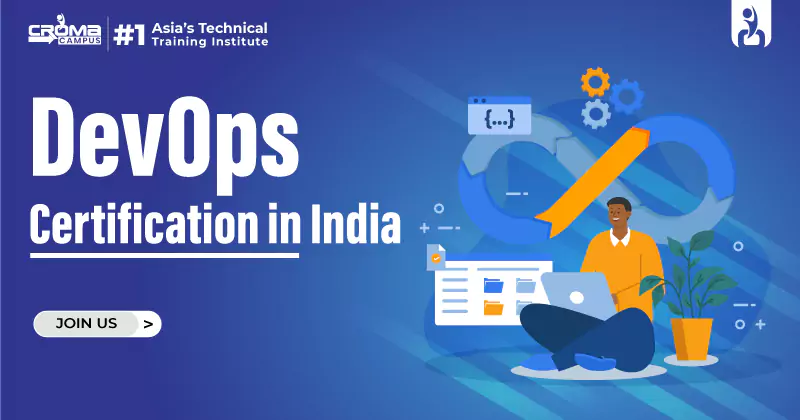
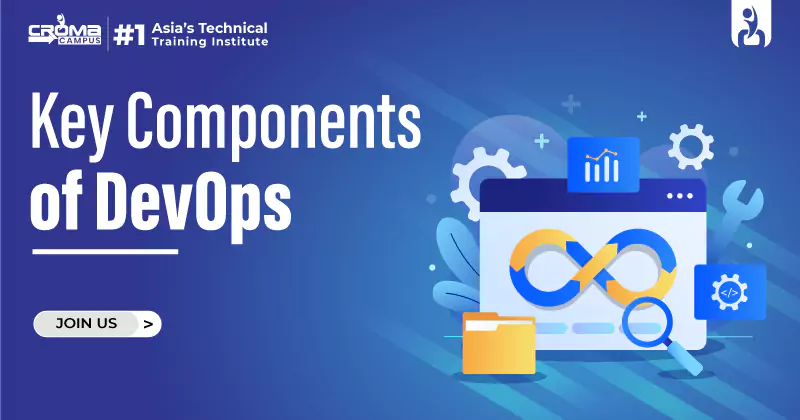
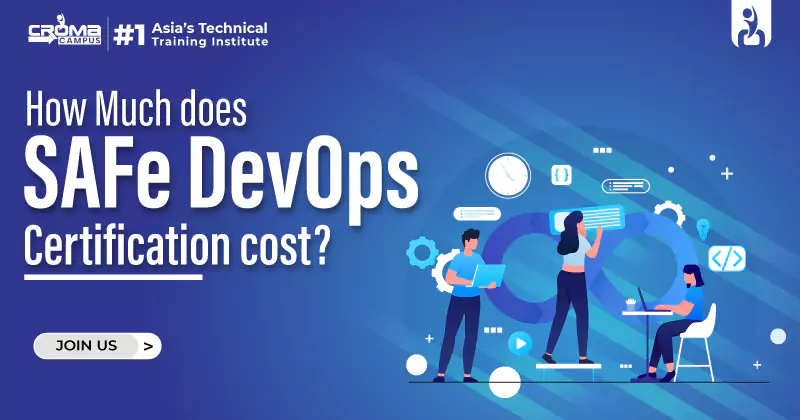










 Master in Cloud Computing Training
Master in Cloud Computing Training